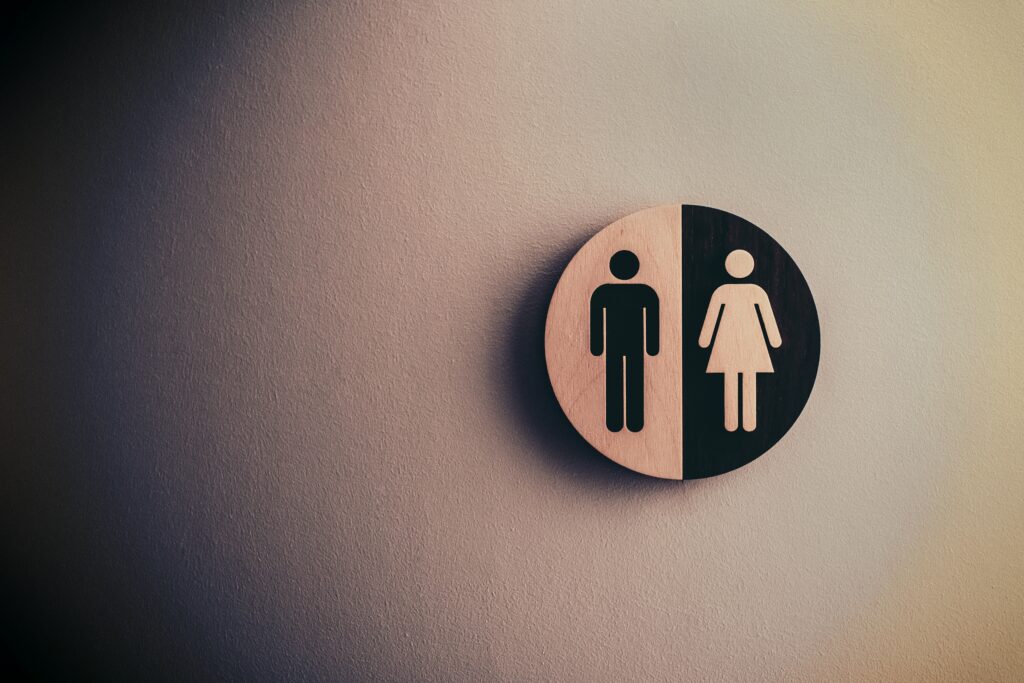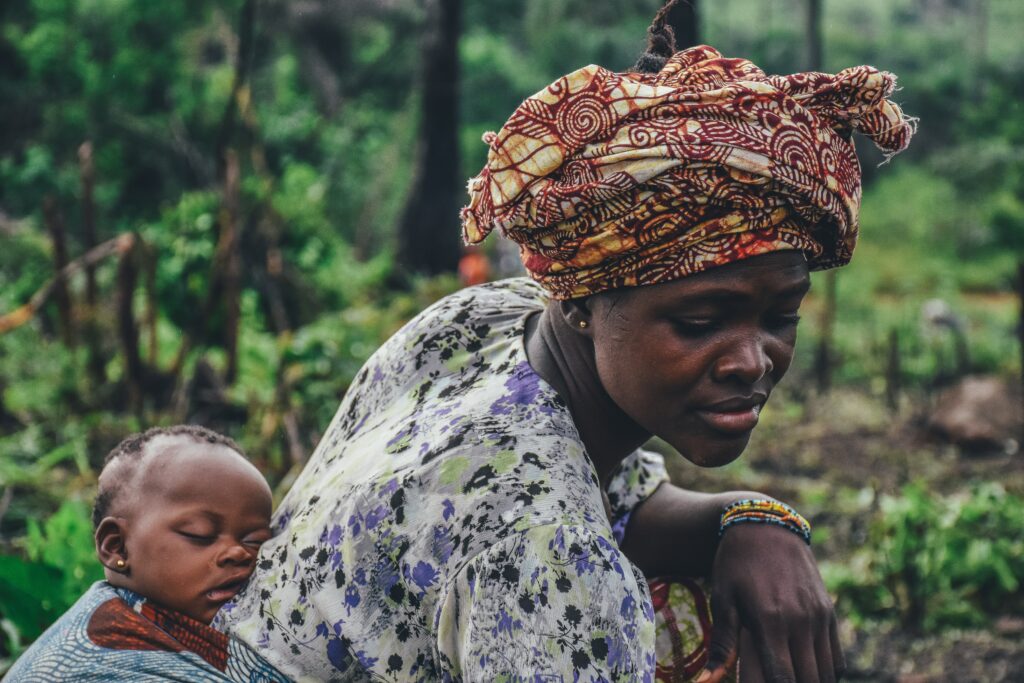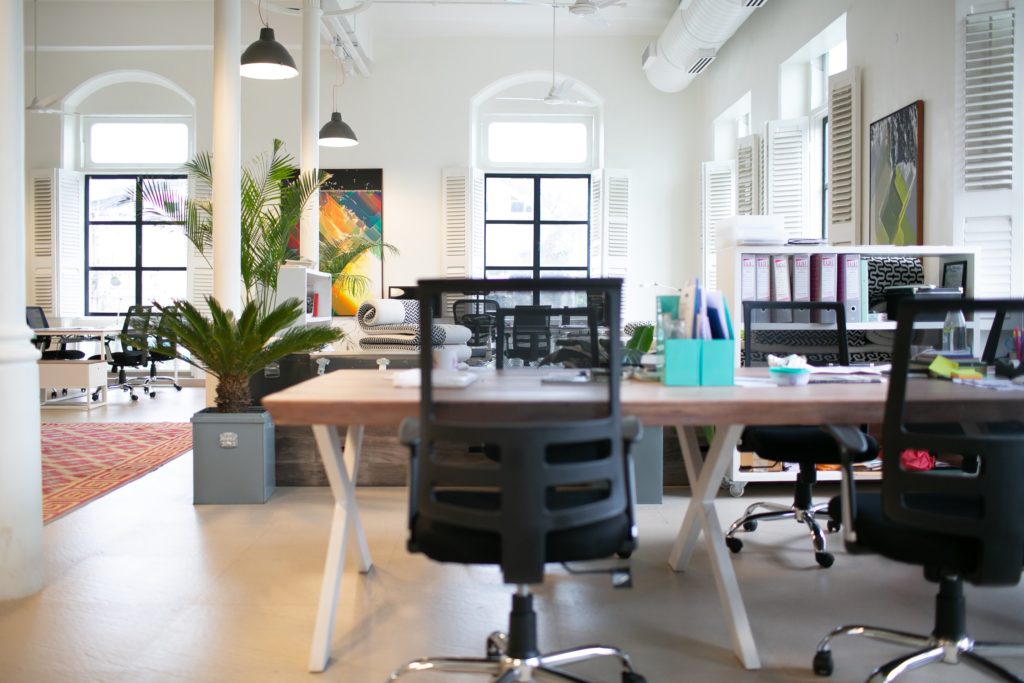Gender inequality is an alarming issue across the world. The World Bank’s Women, Business, and the Law 2022 report states that around 2.4 billion women of working age are not afforded equal economic opportunity, and 178 countries maintain legal barriers that prevent their full economic participation. Still, there is optimism about the future of gender inequality worldwide.

In Nigeria today, even as women represent an allusion to progress, resilience, and growth, gender inequality remains a bane that holds back the growth of individuals, socio-economic development, and the evolution of society and inherently presents a disadvantage to not just women but to men.
According to the 2022 World Gender Gap Report, Nigeria ranked 123rd out of a total of 146 countries. The report stated that Nigeria has stayed between 60 and 63% in the last decade on all the sub-indexes, from political to economic participation. In terms of economic participation and opportunity, Nigeria is ranked 50th. The country ranks 134th in educational attainment, 97th in health and survival, and 141st in political empowerment. These positions clearly state that a lot of work still needs to be done to nurture a more empowered and equitable Nigerian society.
Across the world, women’s influence has illuminated the paths of countless successful nations across the globe. From Germany’s Angela Merkel to New Zealand’s Jacinda Ardern, history testifies to the game-changing role women play when allowed to lead. Women are known to have an enormous impact on the well-being of their families and societies, yet, in a nation as dynamic and diverse as Nigeria, the flame of women’s potential struggles to burn brightly due to gender inequality.
Nigeria has a large female population of over 108 million people, but less than one-third of them are at the helm of affairs in various aspects of life, such as education, employment, and access to healthcare. Women often face limited opportunities, unequal pay, and cultural norms that perpetuate traditional gender roles. Despite this, however, some resilient women have tried to rise against all odds and engage in areas of importance.

Representation of women in Nigeria
In Nigerian politics, for instance, from 1999 to date, only 157 women have been elected to the National Assembly as opposed to 2,657 men. Only 3.6% of seats in parliament were held by women as of February 2021. Also, in the 2023 general elections, a total of 378 women ran for seats in the Senate and House of Representatives, but only 18 women “made the cut. These margins show that although Nigerian women have demonstrated tenacity and leadership, they continue to face barriers that impede their success in politics.
While the rich cultural heritage and religious diversity of Nigeria contribute to the nation’s identity, they have not done much to aid women’s active participation in society; instead, they have been a limiting factor and perpetuating force for gender-based inequalities. In most parts of Nigeria, women are considered subordinate to their male counterparts and consigned to roles that hinder their access to education, economic opportunities, and leadership roles.
Furthermore, some interpretations of religious teachings have not offered a helping hand in changing this narrative as they promote the exclusion of women from the public sector, viewing them as “weaker vessels. This exacerbates gender inequalities, perpetuating the notion that a woman’s place is restricted to specific roles within the confines of home and hearth.
Nigerian female entrepreneurs have also been victims of gender inequality. Female-led startups face an uphill battle in securing funding, in stark contrast to their male counterparts. Many female entrepreneurs are regarded as illiterate and lacking in business skills, which affects their access to funding.
According to a report by Disrupt Africa, Nigerian start-ups in 2022 raised $142,828,000 ($142.8 million), and out of that lot, the female-led start-ups attracted just $24.1 million. Research also shows that between 2013 and 2022, tech start-ups in Africa received $12.6 billion in funding, but women-led firms accounted for less than 5 percent of this, compared to the 82 percent cooped by their male counterparts. This funding gap stifles the growth of women-led businesses and curtails their potential to contribute significantly to economic growth and job creation.
Igniting Change through Illuminating Solutions
While gender inequality continues to thrive in major areas of Nigeria, some solutions have emerged to help solve this incumbent problem. It is laudable that the Constitution of the Federal Republic of Nigeria, in Section 42(1)(2), gives provision for the right to freedom from discrimination. Following this, advocates and organisations have tirelessly championed women’s rights and empowerment, mobilising communities and institutions for change. Legislative measures such as the “Gender and Equal Opportunities Bill” seek to eliminate gender-based discrimination and ensure equal participation across sectors. Also, grassroots initiatives like the “Women’s Rights and Health Project” actively challenge traditional norms and offer vital support systems for women.
Authorities and legislators should recognise the obstacles that women experience and work to ensure that Nigeria’s laws and policies serve to break down these barriers and pave the way for women to succeed in society.
As part of the solution, educational campaigns should question deeply entrenched views and emphasise the critical role women play in all parts of society. To develop dialogues that reinterpret traditions through a gender-equitable lens, religious and community leaders must be involved. Additionally, establishing and enforcing legislative measures is critical to ensuring women’s political and leadership participation.
Furthermore, the investment ecosystem must be recalibrated to provide equal opportunities for women entrepreneurs. Establishing dedicated funds for female-led startups and promoting gender-conscious investment practices can help close the funding gap and enable women to unleash their entrepreneurial potential.
The urgency to address gender inequality is a clarion call for Nigeria’s progress. Empowering women transcends fairness; it is an investment in the nation’s future. By dismantling political barriers, redefining cultural norms, rectifying funding imbalances, and building upon existing solutions, Nigeria can pave the way for a brighter and more inclusive future where women stand shoulder to shoulder with men, shaping the nation’s destiny.



